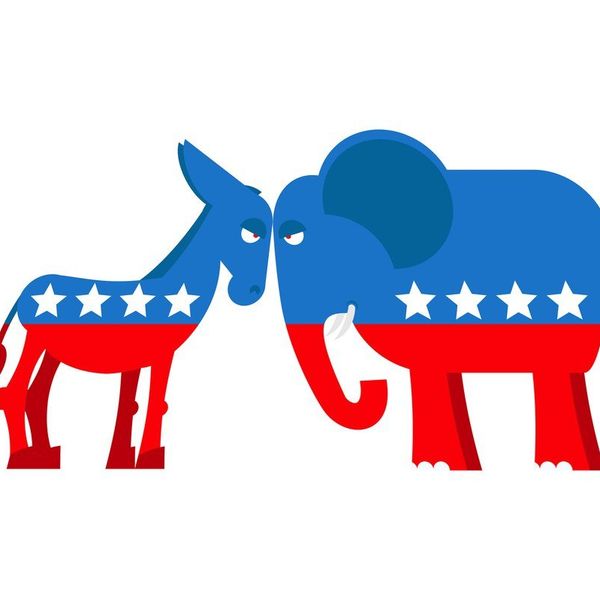Just a few weeks after our new president has taken office, it seems particularly relevant to discuss why it is so important to be informed on political issues, even if you don’t consider yourself a “politics person”. This article has nothing to do with a particular political standpoint; but rather it is about the importance of being informed on both sides of the argument, not just your own.
Growing up in a household where one family member is a conservative Republican and another a liberal Democrat, has allowed me to grow up hearing both sides of political issues equally. However, many households contain members that all associated with the same party or all take the same stance on important political issues. There is obviously nothing wrong with this and in fact, it is probably more common. However, for children and teenagers whose minds are in an incredibly malleable state, having such strong opinions constantly in the atmosphere can hinder their ability to form an opinion of their own. Clearly, it would not be right (or possible) to ask people with strong political opinions to silence them in front of their family members. It is our constitutional right to share our thoughts as loudly and proudly as we see fit. In my opinion, it isn’t that families should stop sharing their opinions at the dinner table, but that they should at least explain why they feel the way they do. Give an explanation for your opinion and even go as far as to explain the other side of the argument and why you don’t agree with it. This gives a child or teenager the chance to learn more about the political issue and allows them to start to think about their own opinion on the matter.
Why the emphasis on explanations? Being a student at a liberal arts college has placed me in one of the least politically neutral settings that I have ever been apart of. The most recent election caused a particularly high amount of distress amongst students for reasons that are not relevant to the point of this article. The part of this distress that is relevant, however, is that trying to engage in a constructive and civil political discussion with a peer was nearly impossible for a number of reasons. One of these reasons was that this election struck a particularly emotional chord amongst many students. Another reason was that so many people felt severe hatred towards one or both candidates, but could not explain even one their standpoints on some of the most important issues the country is facing today. After several conversations, I realized that several “haters” of Trump could not name even one of his stances on oil or energy. “Haters” of Hillary could not tell you her stance on health care. I am remaining completely neutral in this article as to whom I voted for because it does not matter. It is natural and expected to favor a certain candidate over another. However, it is our duty as American citizens to look passed the gossip, biased social media, and strong willed family members or other influences. In other words, it is our privilege to have and proudly share our strongest political beliefs. Nevertheless, to form an opinion, or to harshly and with brutally negative discourse disregard someone else’s opinion without first understanding basic current events, seems like an abuse of this privilege. I am not saying that you cannot share your opinion, I am just suggesting that understanding why you feel the way you do makes your argument that much stronger. Before you put other people down about their political beliefs, make sure you at least have a strong foundation on your own.









































